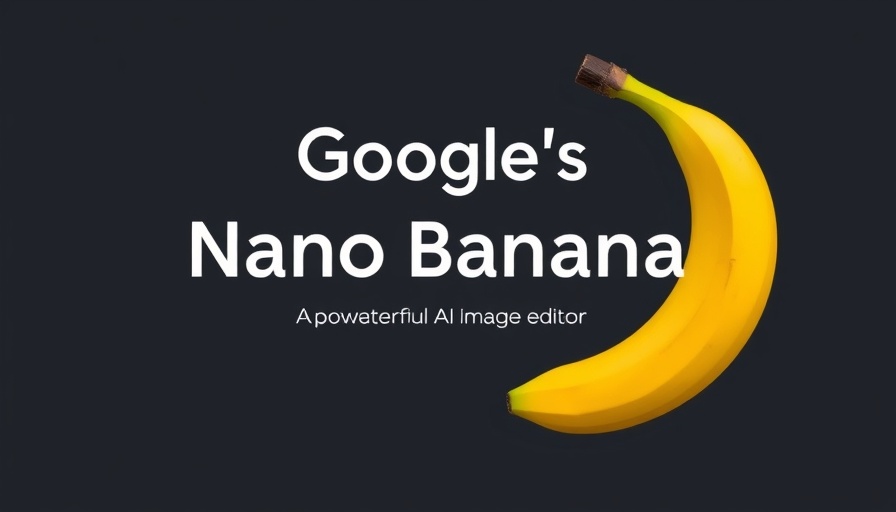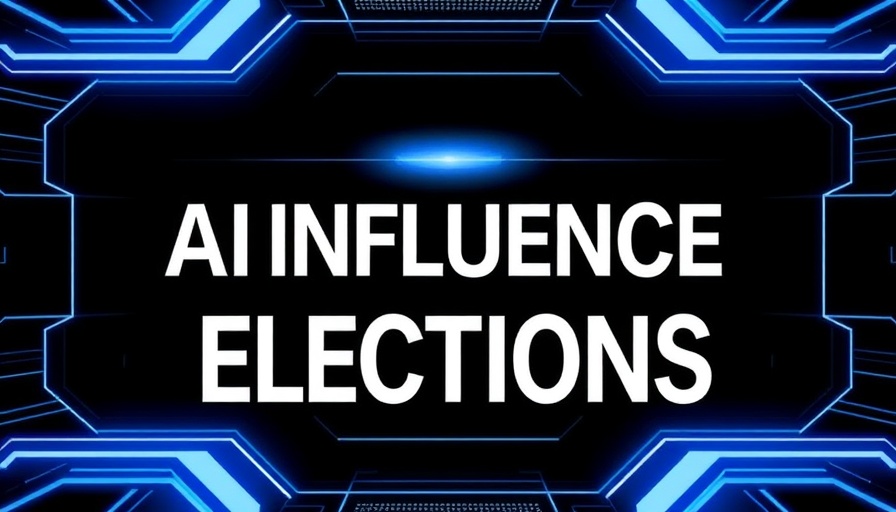
AI Disruption: The Impact on Young Workers
A recent Stanford study has thrown a spotlight on a pressing issue—artificial intelligence is reshaping the job landscape, with younger workers feeling the brunt of the changes. This landmark research analyzed payroll data from ADP, reflecting a significant 16% drop in employment for workers aged 22 to 25 in sectors like customer service and software development, traditionally seen as entry-level gateways for many.
Understanding the Job Landscape Changes
As AI continues to infiltrate various industries, it primarily alters which roles are lasting. The research indicates that while entry-level jobs are increasingly being taken over by automated processes, seasoned employees who adapt and use AI to enhance their work experience may retain or even gain job opportunities. It presents a stark contrast—young workers, often caught in repetitive task cycles, find their positions vulnerable to AI, while older, more experienced employees adapt more effectively.
Future Predictions: What Lies Ahead for Job Seekers
The Stanford research signifies a potential future filled with uncertainty for young professionals. It paints a picture where entry-level job seekers may struggle to find work in sectors where AI technologies thrive. As more organizations prioritize efficiency through automation, those fresh out of educational institutions might face challenges securing traditional roles and will need to consider strategies to stand out in this evolving market.
The Importance of Adapting to Change
This shift presents a crucial opportunity for young workers to upskill, specializing in areas where human intuition and creativity are irreplaceable. Embracing continuous learning, particularly in the realms of AI and technology, can help bridge the widening gap in employment opportunities.
Experts also suggest adjusting tax policies to encourage companies to invest in human talent alongside technological advancements rather than solely in automation. The Stanford study should serve as a call to action for both educators and young workers to focus on practical AI skills that can be paired with human-centric jobs.
 Add Row
Add Row  Add Element
Add Element 



Write A Comment